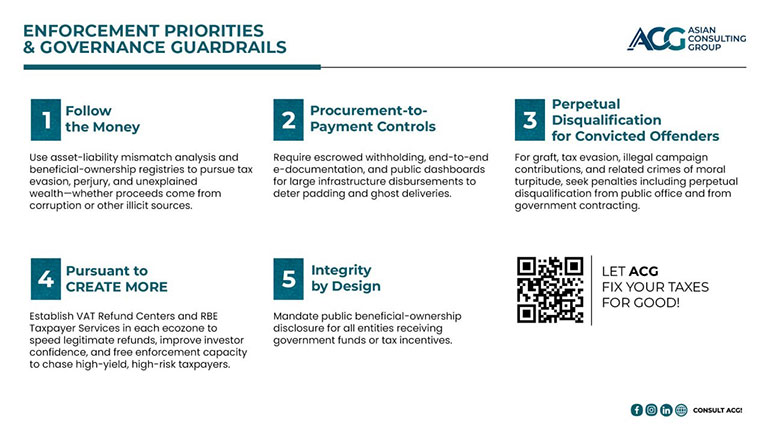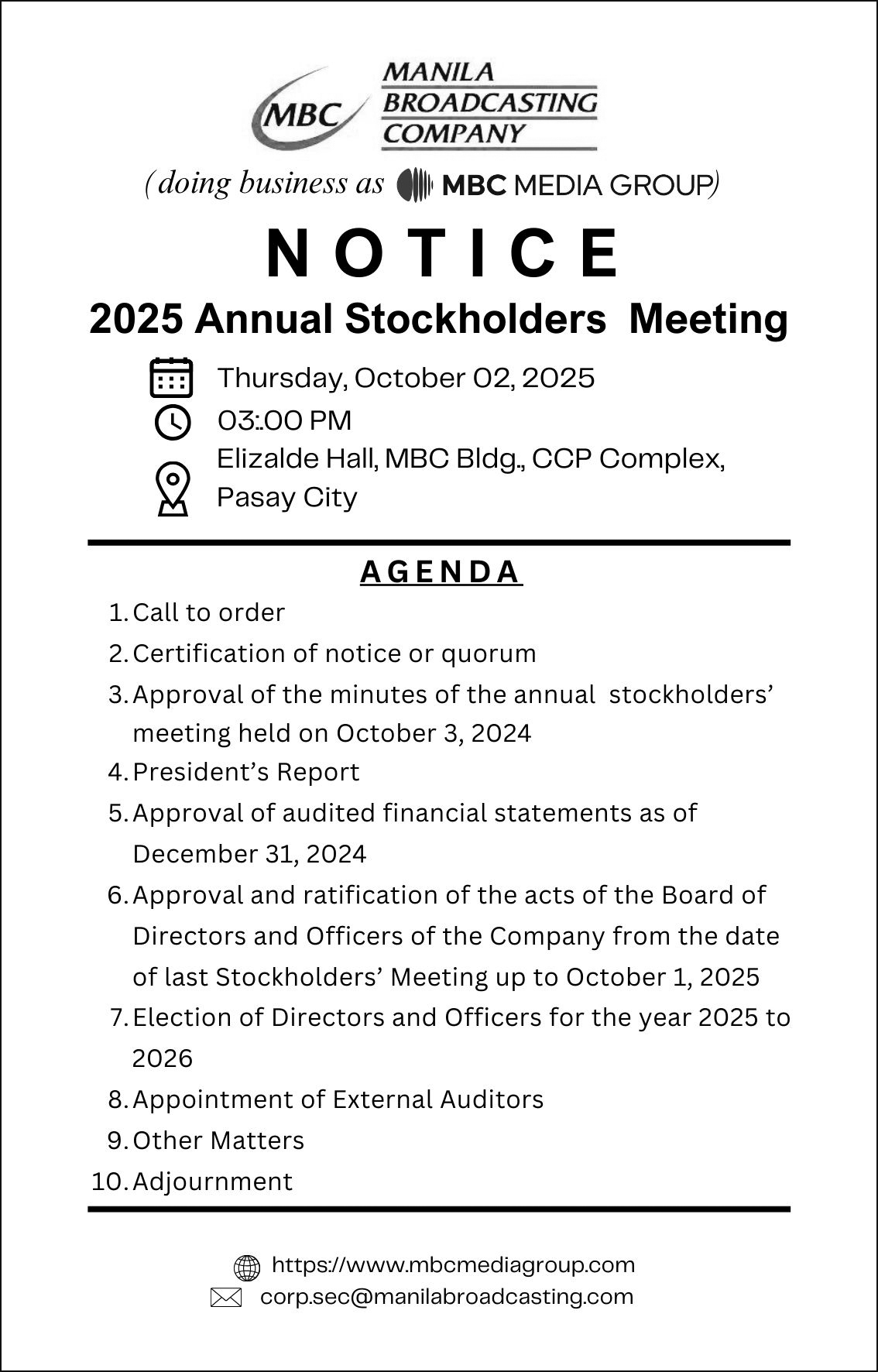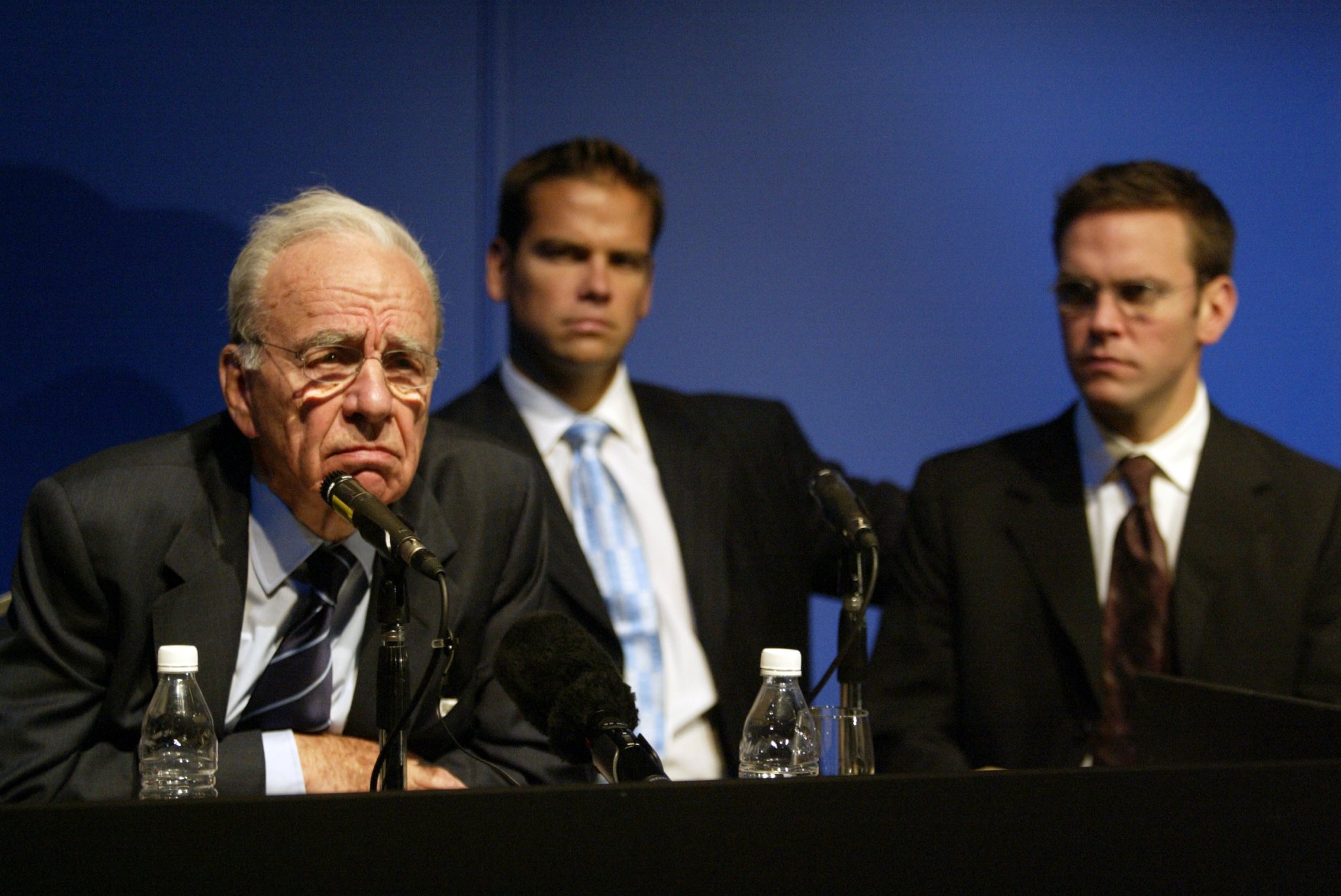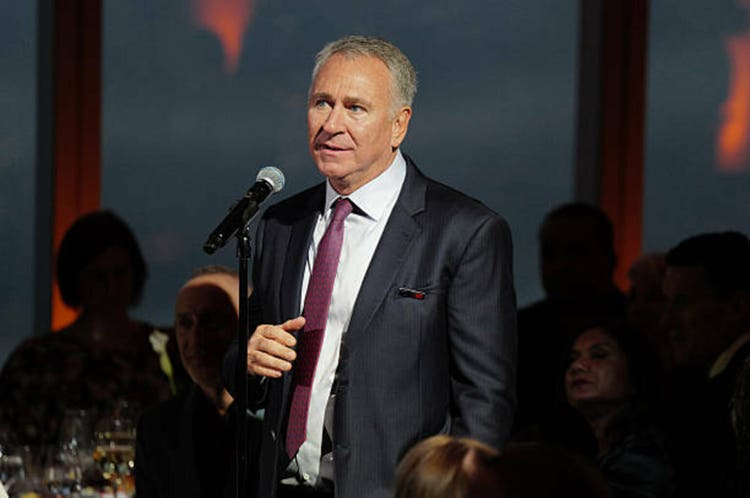Several people reportedly died and injured after police in Nepal fired tear gas, rubber bullets, and used water cannons to disperse protesters, who tried to break into Parliament on Monday, September 8.
GenZ citizens hit the streets of Kathmandu amid KP Sharma Oli government's move to ban 26 social media platforms including X, Facebook and YouTube. The protest has now been spread to other areas of the country.
Curfew in these areas
The government of Nepal has imposed curfew in several areas, including Baneshwor, Singhadurbar, Narayanhiti, and sensitive government areas. The Kathmandu district administration office (DAO) declared the curfew from 12:30 PM to 10 PM on Monday.
Why did the government ban social media websites?
Last week (on Thursday), Nepal banned social media sites, including Facebook and Instagram, after they did not register with the Ministry of Communication and Information Technology. According to a notice, social media giamts have one week, beginning on August 28, to register with the government. However, none of the following companies had applied by the deadline: LinkedIn, Reddit, X (previously Twitter), Alphabet (YouTube), Meta (Facebook, Instagram, WhatsApp), and others.
Last year, the Supreme Court issued an order that prompted the government's actions. The social media behemoths were requested to designate a resident grievance handling officer and compliance officer, as well as to provide a point of contact.
TikTok, Viber, Witk, Nimbuzz, and Popo Live are registered with the government and continue to be in use in Nepal. Applications from Telegram and Global Diary are being examined, it is learnt.
Why are citizens protesting?
The demonstrators, mostly young people, were triggered by a government-imposed social media shutdown and allegations of corruption.
What the government says
The government said social media users with fake IDs have been spreading hate speech and fake news, and committing fraud and other crimes via some platforms.

 16 hours ago
1
16 hours ago
1


















 English (US) ·
English (US) ·